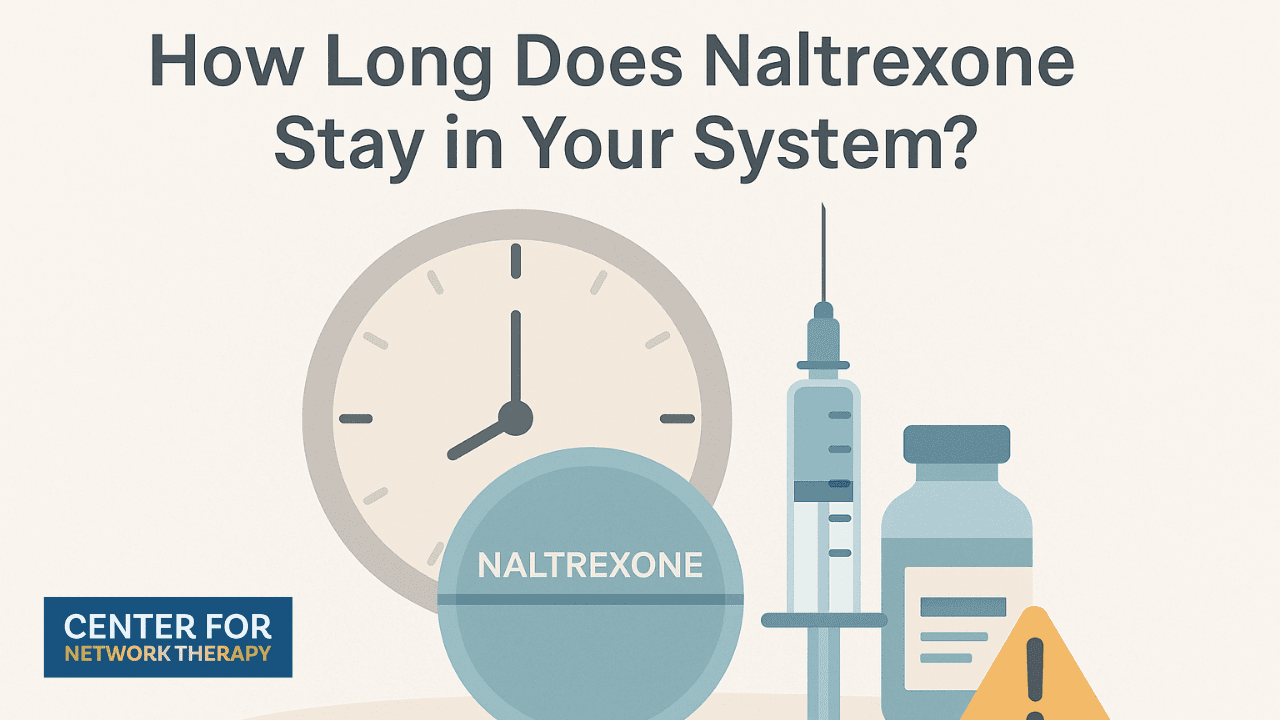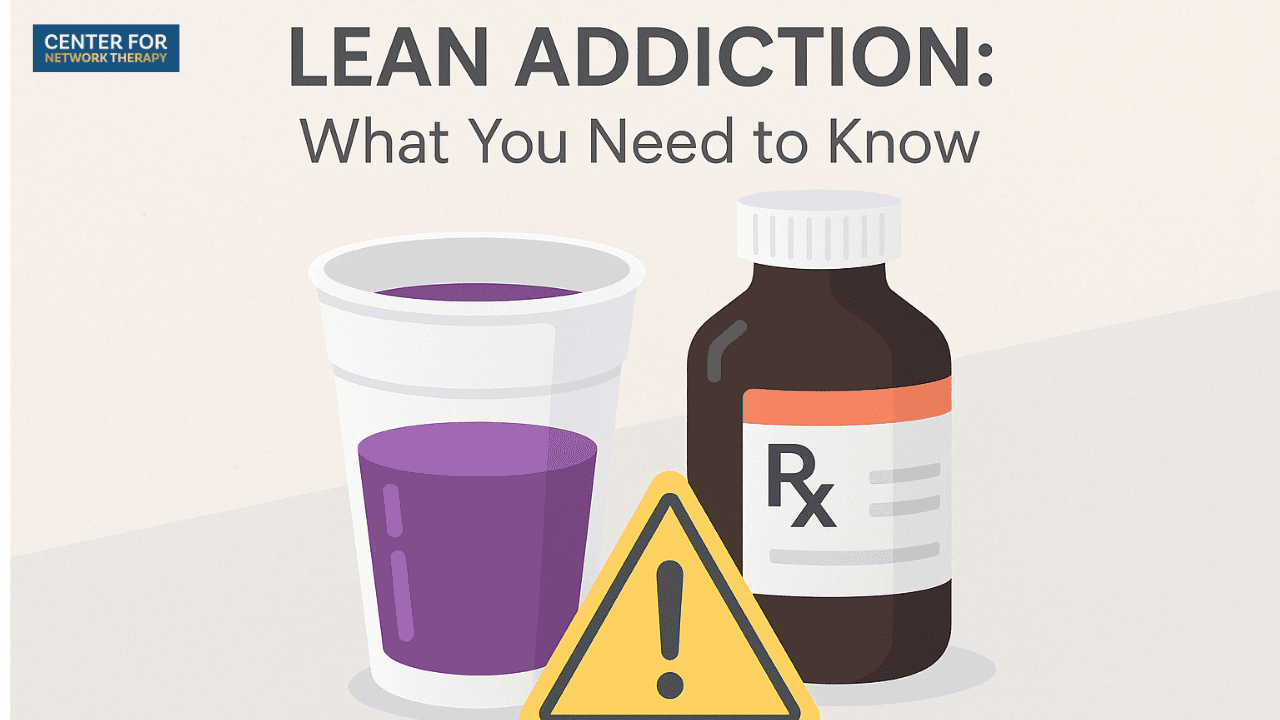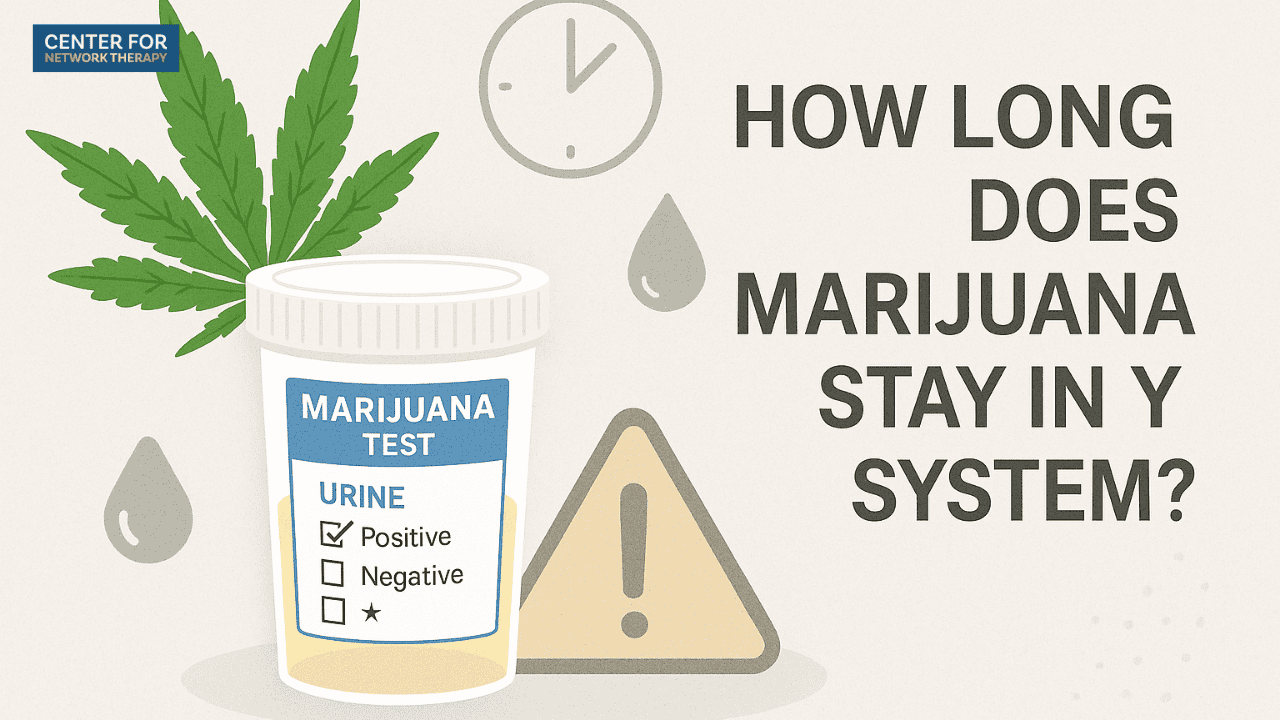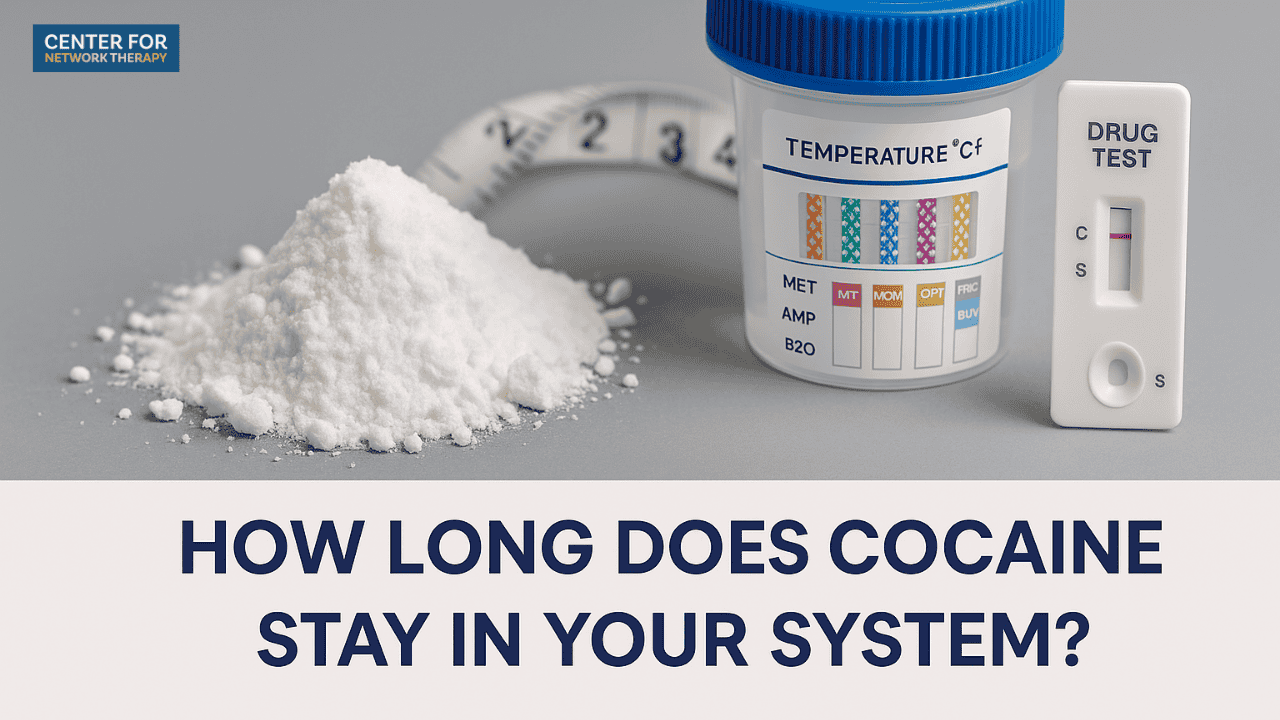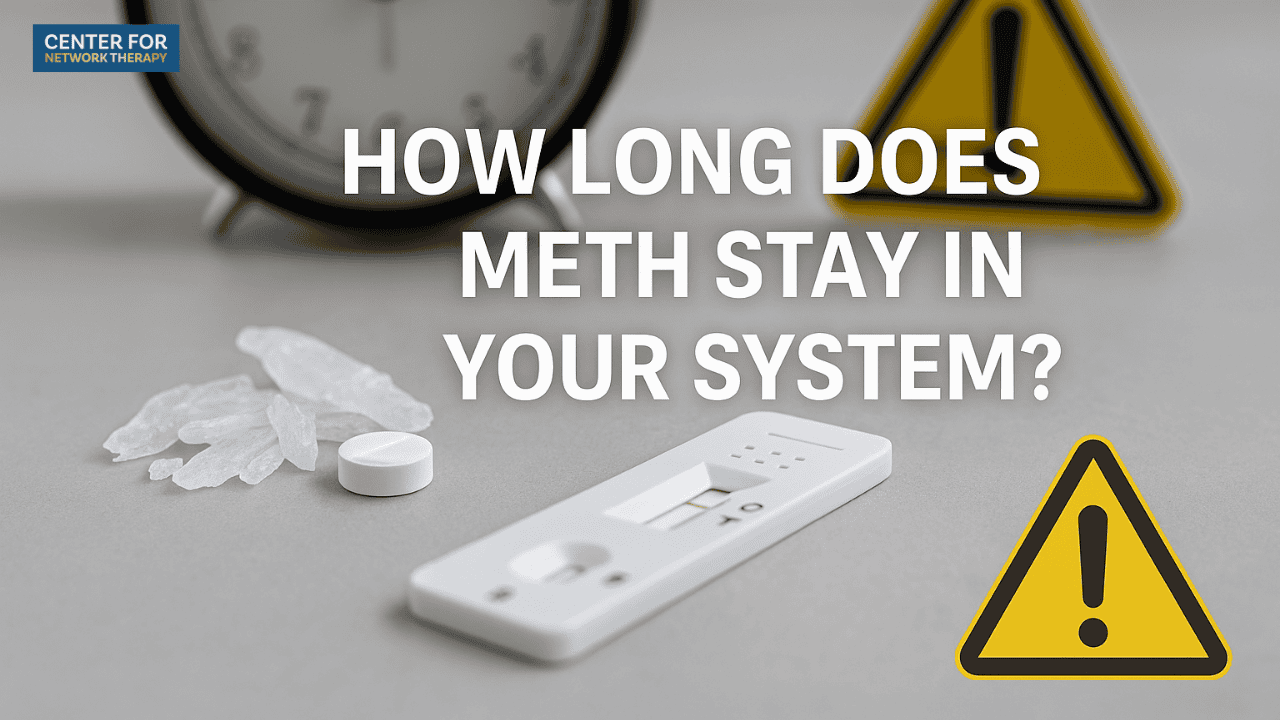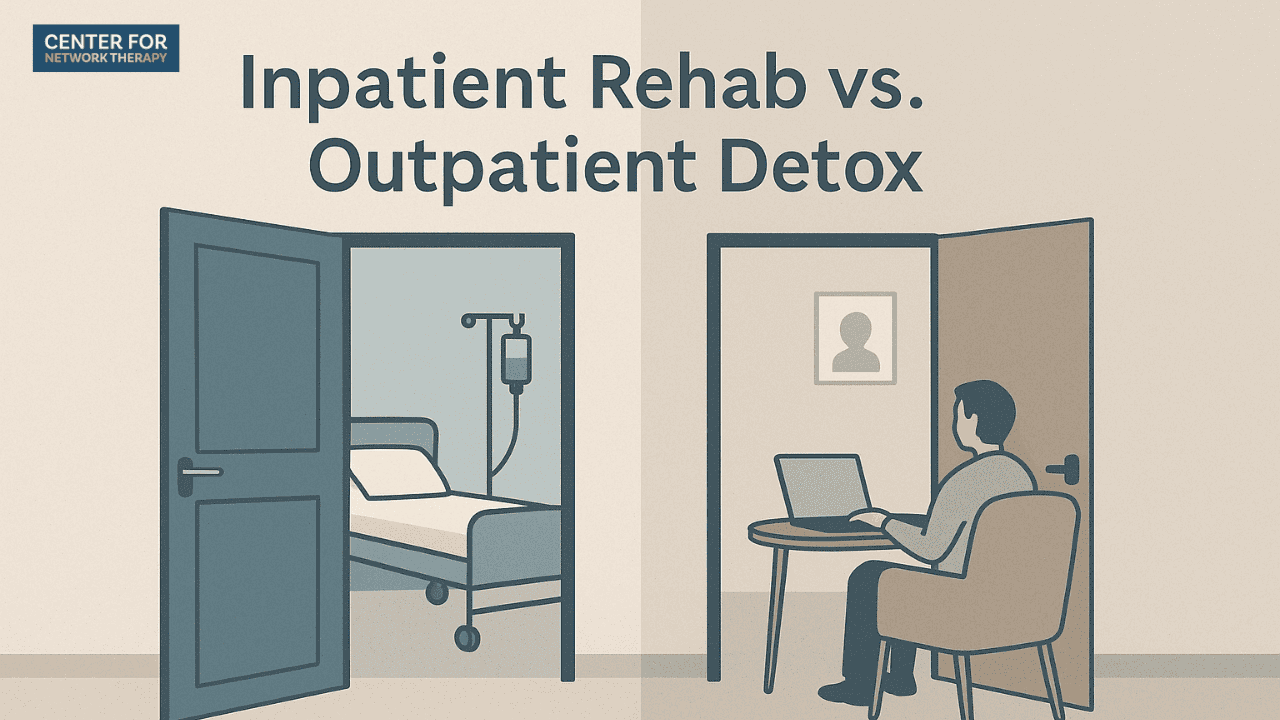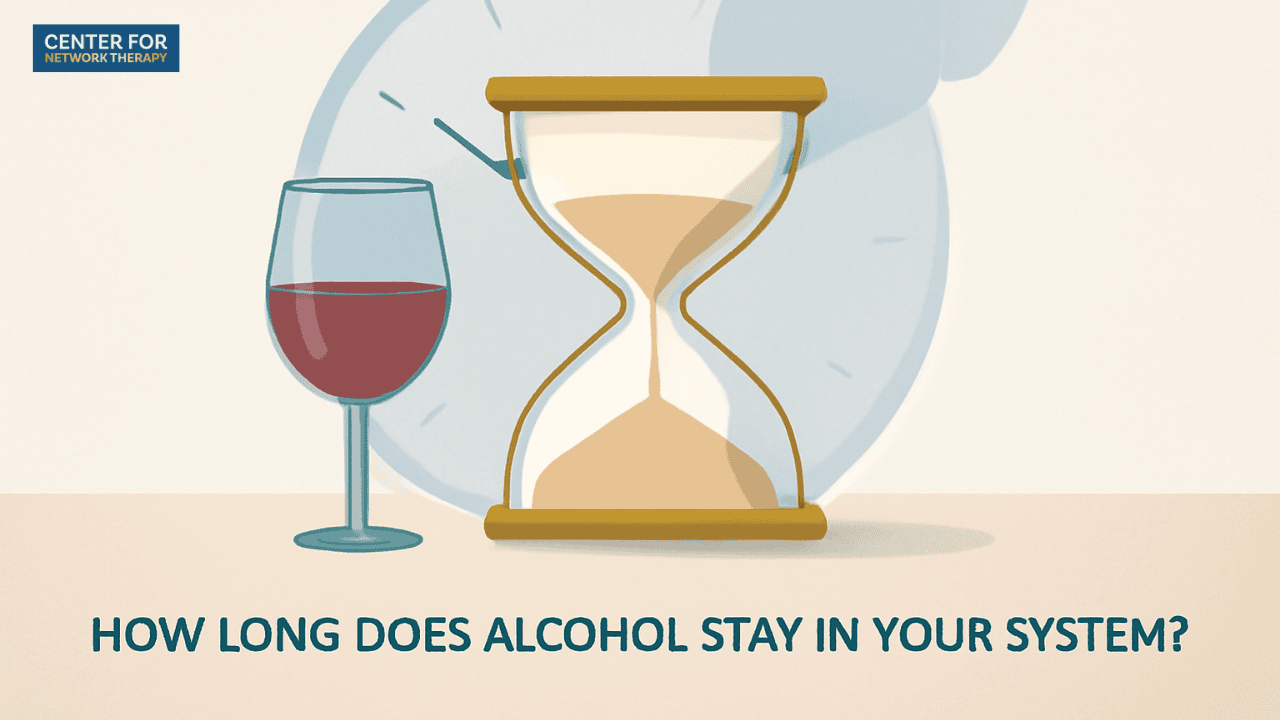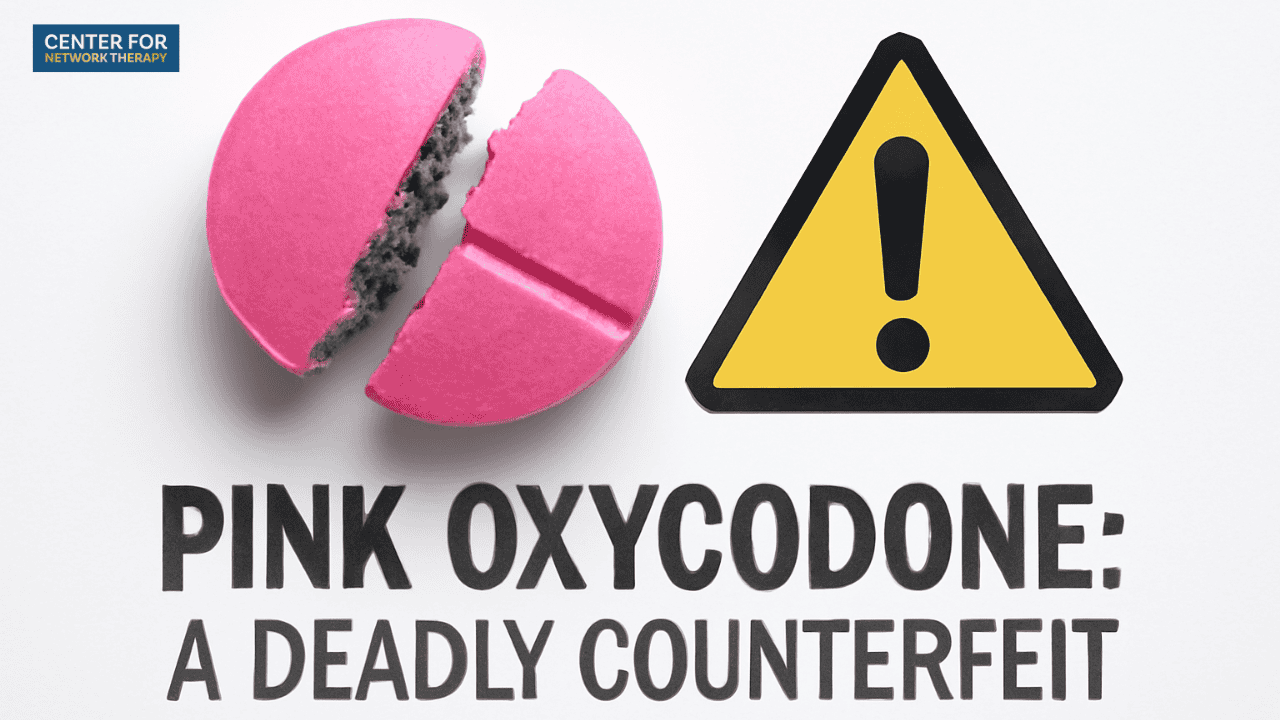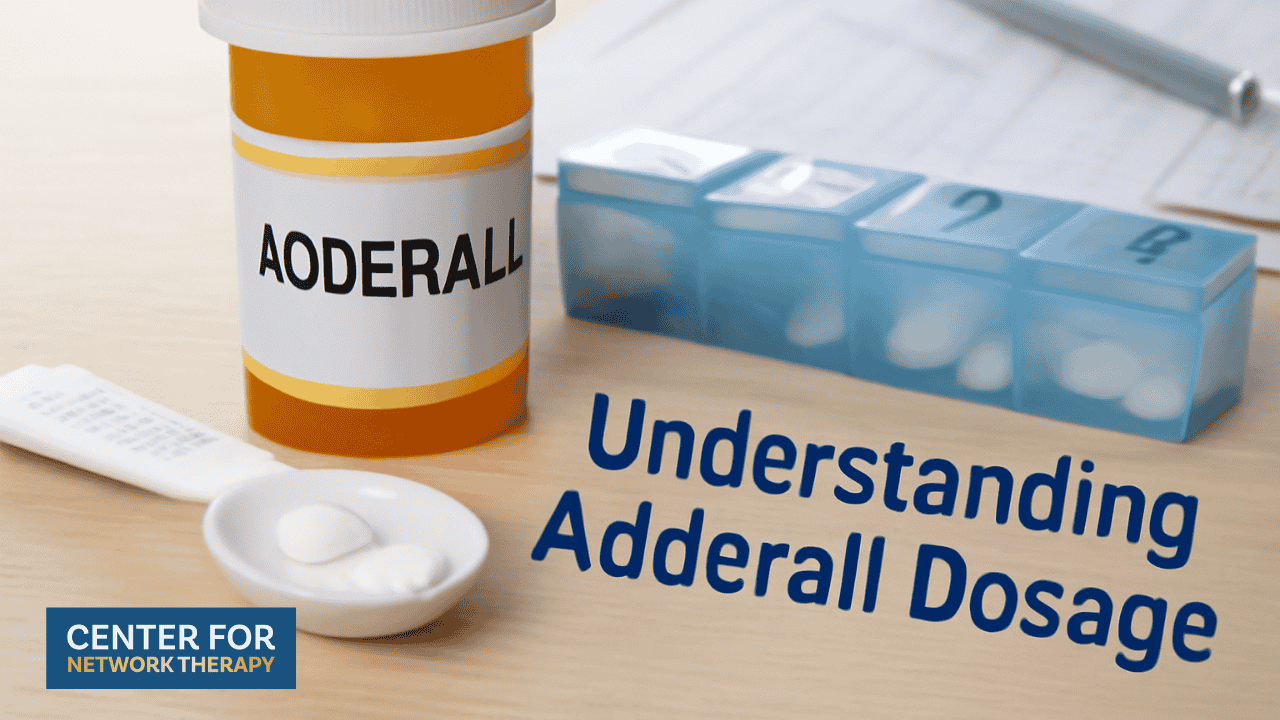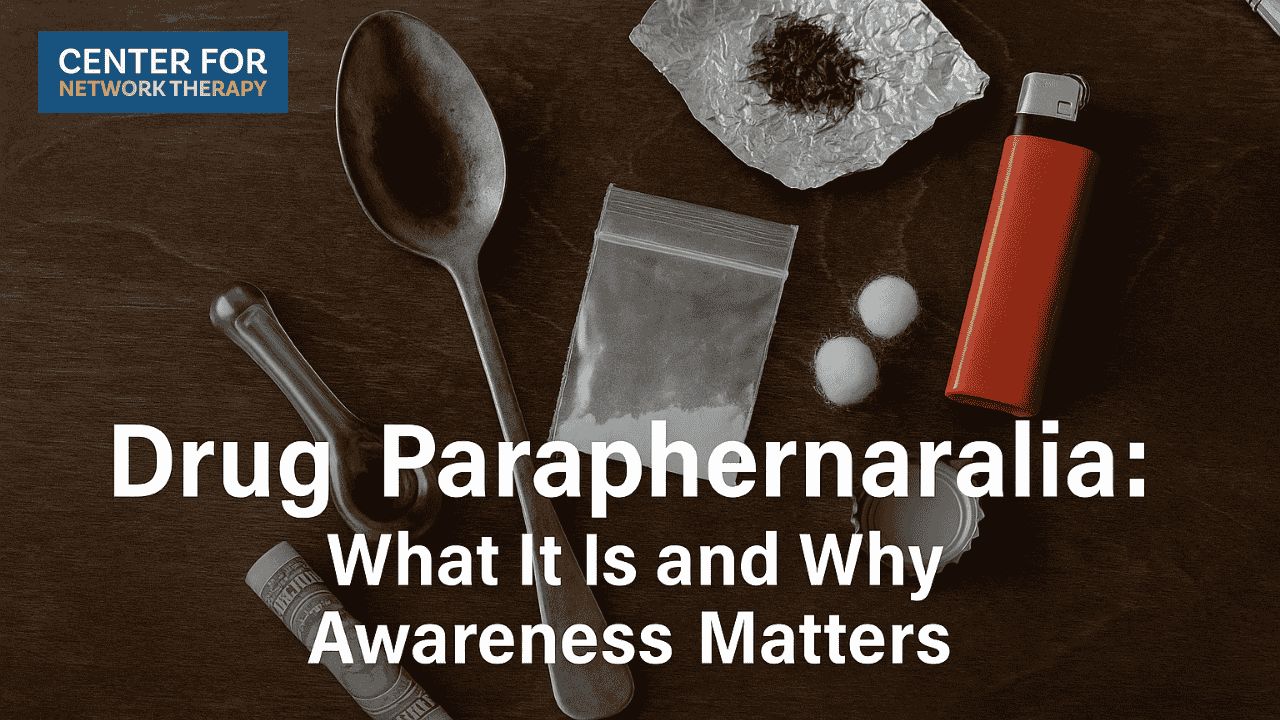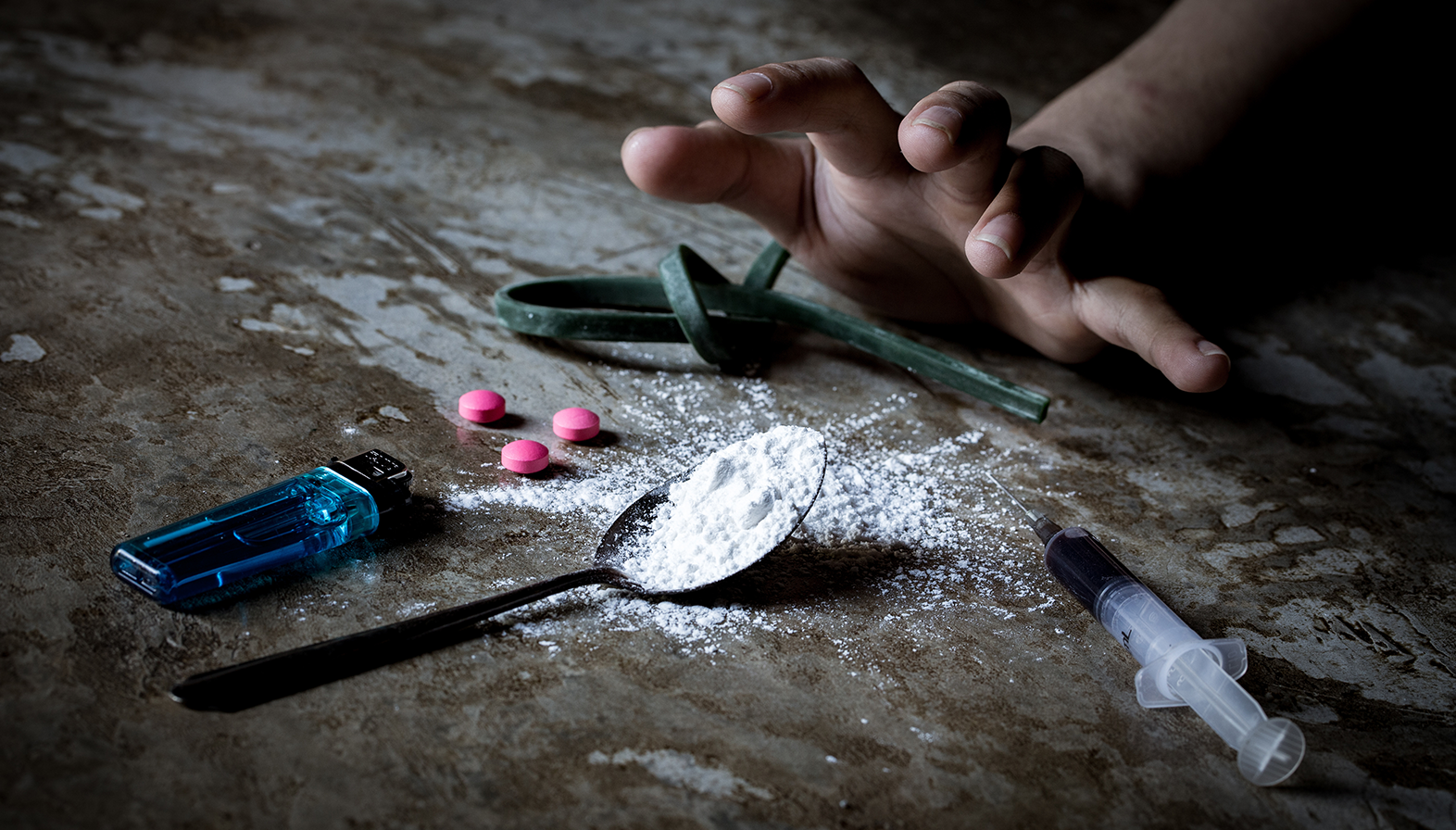Cocaine is a powerful stimulant drug known for its short-lived high and intense effects. But while the euphoric feeling may fade quickly, the drug can remain in your system for days, or even longer, depending on various factors. Understanding how long cocaine stays in the body can help individuals make informed decisions about their health, recovery, and treatment.
Table of Contents
ToggleHow Cocaine Works in the Body?
When someone uses cocaine, the drug rapidly affects the brain’s reward system, triggering a surge of dopamine that creates feelings of pleasure, energy, and alertness. However, the body also begins breaking it down almost immediately. Cocaine is primarily metabolized in the liver, where it converts into several metabolites, the most notable being benzoylecgonine. These substances can remain in the system long after the initial high has worn off.
Detection Times for Cocaine
How long cocaine stays in your system depends on the type of test used:
- Urine Test: Cocaine metabolites are typically detectable for 2 to 4 days after use. However, heavy or chronic use can extend detection up to 10 days.
- Blood Test: Cocaine is generally detectable in blood for 12 to 48 hours.
- Saliva Test: Cocaine can be found in saliva for up to 2 days.
- Hair Test: Hair follicle tests can detect cocaine use for up to 90 days, offering the longest detection window.
These timeframes are estimates and can vary based on personal health and usage habits.
What Influences How Long Cocaine Stays in Your System?
Several factors affect how quickly your body eliminates cocaine:
- Frequency and quantity of use
- Metabolism and overall health
- Liver and kidney function
- Age and body mass
- Hydration and physical activity levels
Chronic or high-dose users may retain cocaine metabolites longer than those who use it occasionally.
Side Effects and Risks of Cocaine Use
Even short-term use of cocaine can lead to serious health risks, including increased heart rate, anxiety, high blood pressure, and in some cases, heart attack or stroke. Long-term use may result in addiction, depression, and damage to the heart, brain, and nasal passages (in case of snorting).
If you’re concerned about cocaine use; whether for yourself or someone close; know that support is available.
A Better Path Forward
Cocaine can leave your body in a few days, but its impact on your mental and emotional health can linger. Recovery isn’t just about detoxing; it’s about building a life that feels worth staying sober for.
At the Center for Network Therapy (CNT), we offer outpatient detox services that help individuals recover in a supportive, nonjudgmental setting. Outpatient detox allows you to stay connected to daily life while receiving medically supervised care.
If you’re navigating substance use and need guidance, we’re here for you.
📞 Call us at 732-484-9661
Disclaimer: This blog is intended for educational purposes only and does not replace medical advice. If you or a loved one is struggling with substance use, our confidential quiz can help guide your next steps.
Further Reading:














